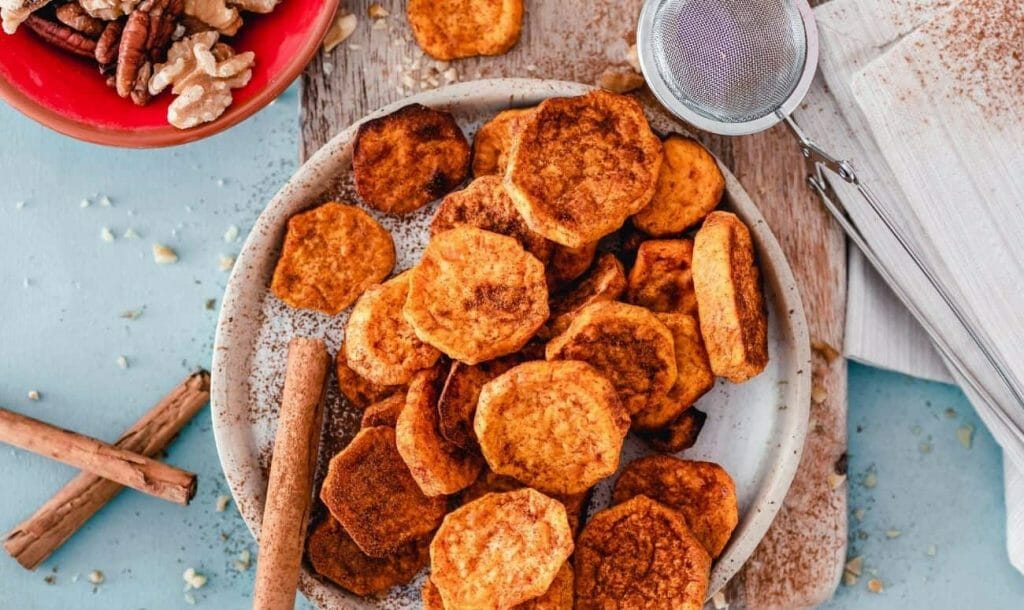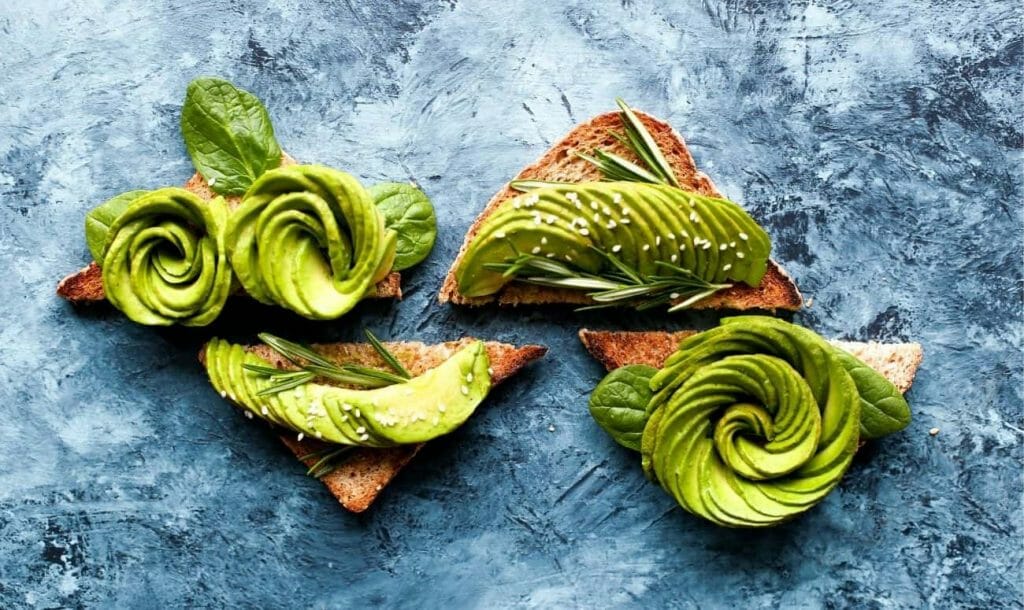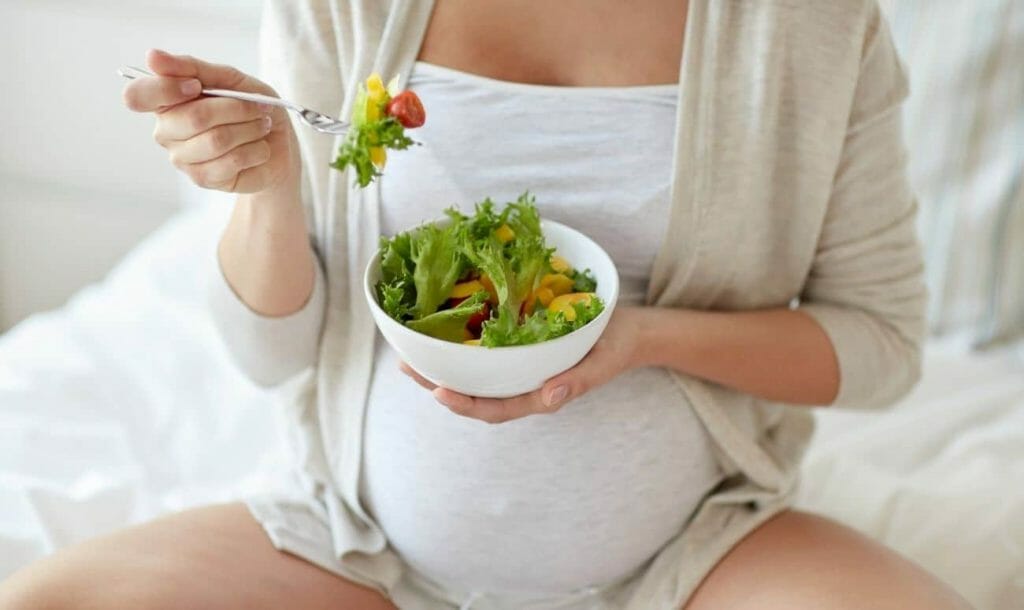It’s typical to relook at your diet as soon as you realise that you’re pregnant. And like most women, you may reach out to friends and family for pregnancy advice, or better yet, search on the internet. But what you may not realise is that your pregnancy may not be similar to your friend’s or your mother’s. Plus, there are several factors like age or environment and even physical or hormonal changes that affect pregnancy, so the body respond’s differently for different people.
It’s completely normal to feel like you’re missing out, especially when it comes to absorbing all the information around pregnancy. But wrong advice could do more harm than no advice at all. And unless you’re consulting a nutritionist or a dietitian on your pregnancy diet, you need to be extremely sure of what you’re putting in your tummy, for both you and your baby.
What should you focus on?
Having a balanced diet is the key to a healthy pregnancy. And don’t worry, balance means you can indulge in an occasional cookie or ice cream sandwich from time to time. But for your daily diet, opt for foods that pack a powerful dose of nutrients and don’t offer empty calories instead. This is important to help you and the baby to absorb and ingest more vitamins and minerals. Foods high in vitamins and minerals help support the baby’s growth and development. The nutrients below are a must in your pregnancy diet.
- Folic acid: 600 micrograms of folic acid per day can reduce the risk of neural tube defects.
- Iron: Iron is useful to make more blood which carries oxygen to the baby.
- Calcium: 1000 milligrams daily can help your little one build strong bones, teeth, muscles and nerves.
- Vitamin D: 600 IU daily can help calcium do its job and keep your immune system healthy.
- DHA: This omega-3 fatty acid helps your baby have a strong brain and eye development. Try consuming at least 200-300 milligrams daily.
- Iodine: 290 micrograms of iodine daily can help your child develop a healthy brain and nervous system.
What foods should you add to your diet?
These 9 healthy superfoods can help you hit your nutrition goals while pregnant.
1. Dairy
Dairy is very important to have in your diet during pregnancy. The extra protein and calcium are required to meet your little one’s growing needs. Dairy products like milk, cheese and yoghurt are a must-have. Yoghurt contains more calcium than other dairy products, which can be highly beneficial for the baby. It also contains probiotic bacteria which is good for your gut health.
2. Legumes
Lentils, peas, beans, chickpeas, soybeans and even peanuts come under the legume umbrella. The plant-based sources of fibre, protein, iron, folate and calcium are essential in your diet during pregnancy, something your body needs. Folate is one of the most important B vitamins i.e., B9. Adding legumes to your diet can help you get in the 600 micrograms you require daily.
3. Sweet potatoes
Delicious and versatile, sweet potatoes can be eaten in a thousand different ways. Apart from being mouth-watering, they are also rich in beta carotene, a plant compound that our body converts to vitamin A, something essential for the baby’s development. Sweet potatoes are also a great source of fibre, keeping you full for longer, helping reduce your blood sugar and improving your digestive health, especially during those constipation spells.

4. Soy products
Rich in protein and an easy alternative to meat, soy products are a solid source of plant protein and provide a significant dose of fibre to the body. Not only that, soy products may protect you against depression during pregnancy, can help regulate blood sugar and cholesterol levels and protect you from the risk of anaemia during pregnancy, tofu especially. However, avoid excess consumption of soy products and include them in your diet in moderation. Consult your doctor about how much is safe for you to eat during pregnancy.
5. Avocado
This rich ‘butter fruit’ is full of folate and vitamin B6, which is great for the tissue and brain growth of the baby. Avocado is also great to combat morning sickness. The monounsaturated fats help your body absorb essential vitamins from fruits and veggies. The high-fat content of the fruit keeps you fuller for longer and helps you beat those unnecessary hunger pangs.

6. Broccoli and dark, green vegetables
The dark, leafy vegetables come with their own dosage of pure green goodness. Full of fibre, vitamin C, vitamin K, vitamin A, calcium, iron, folate and potassium, vegetables like broccoli, kale, spinach and more help with constipation and reduce the risk of low birth weight.
7. Berries
Berries, small as they may be, know how to pack a punch when it comes to nutrients. Delicious and healthy at the same time, they come full of healthy carbs, vitamin C, fibre and antioxidants. Their low glycaemic index value regulates blood sugar levels so you can indulge in a snack or two during those hunger pangs between meals. Some of the best berries pregnant women should try are blueberries, raspberries, goji berries, strawberries and acai berries.
8. Whole grains
Whole grains are always a better alternative to their refined counterparts thanks to their punch of fibre, vitamins and plant compounds. Grains like oats, quinoa, brown rice, wheat and barley should be included in your diet instead of AP flour, white bread, pasta and white rice. Some of these whole grains, like oats and quinoa, are rich in protein as well and can also be a good source of vitamin B, fibre and magnesium.
9. Nuts
Small but mighty, nuts are full of vitamins and minerals like magnesium, zinc, potassium and vitamin E. They also pack a healthy dose of protein, fibre and fats. If you’re vegetarian and are looking to include omega-3-rich food into your diet, try opting for walnuts. Almonds, on the other hand, are rich in calcium while peanuts come loaded with folate.
Honorary mention: Water
Technically, water is not a food but we cannot emphasise how important H2O is for the health of a pregnant woman. Drink at least 8-10 glasses per day to help deliver the right nutrients to your baby and also make new cells. Water can also help you combat constipation and dehydration can also increase the risk of early labour, so keep yourself hydrated at all times.
Some foods you should avoid at all costs:
- Unpasteurized juice
- Unpasteurized cheese
- Raw seafood
- Rare meat
- Preserved meat
- Raw eggs
- Raw sprouts
- Alcohol
The baby is just waiting to absorb all the nutrients that you expose it to, so be careful of what you consume during your pregnancy. We know the pressure can be overwhelming, but if you regulate your diet and eat mindfully, you can make a solid plan that focuses on the health of your baby. Work with your healthcare professional to come up with a proper diet and continue to let them guide you towards a healthy and well-nourished pregnancy.
Read more: Working Out While Pregnant: Is It Safe?
Like & Follow ThinkRight.me on Facebook, Instagram, Twitter, and Telegram to stay connected.






























